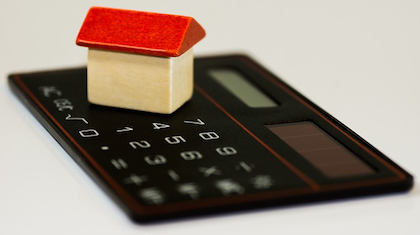1. Downsize
Approaching retirement, you’re likely to have a substantial amount of equity built up in your home, or you might own it outright. When you consider the expenses involved in upkeep of your family home, and the work you need to do to maintain it, downsizing can be an attractive option.
Downsizing could reduce your bills while freeing up more cash for your retirement. You can then use this money to invest – for example, in shares, term deposits, managed funds or superannuation, or even an investment property that pays you an income.
2. Consider a change
Perhaps you don’t want to downsize, but you’d like change of scenery? If you live in one of Australia’s capital cities, taking a sea or tree change could also free up cash for retirement, without necessarily having to downsize.
A sea or tree change doesn’t need to involve moving a great distance – just moving further out from the CBD can make a big difference. Make sure you consider what’s most important to you – including the availability of healthcare. You may want to try renting in a new area first to decide if it’s for you – as mistakes can be expensive.
3. Build a backyard granny flat
If letting go of the family home seems too much or isn’t financially beneficial, why not build a granny flat in the backyard to bring in some extra income? In most Australian states, you can build a granny flat up to a defined size in your backyard without having to subdivide – check with your council to find out the rules in your area.
4. Convert your home to dual occupancy
If your family home is large, you could consider converting it to a dual occupancy, or rent out some rooms. Depending on the way your house is set up this could be cheaper and easier than building a granny flat, although you would need to give up some of your space or privacy.
5. Take out a reverse mortgage
If you have a good amount of equity in your home and need cash, a reverse mortgage may be an option. Here’s how it works: you borrow against the value of your home, and the lender pays you the amount equal to the equity that is released from the home. Once you decide to sell or the last surviving borrower passes away, the outstanding loan must be repaid.
There are some disadvantages and risks you’ll need to explore, for example, the interest rate on reverse mortgages is usually higher than on home loans, or you may run out of money if you live longer than expected.
Get advice
Remember, all these options can have unintended effects on your tax, your age pension entitlements and your financial wellbeing. So it’s important to speak to a financial advisor to make sure you fully understand the benefits and risks, and to help choose the best option for you. Call us today on (08) 8723 9822 to discuss your options.

